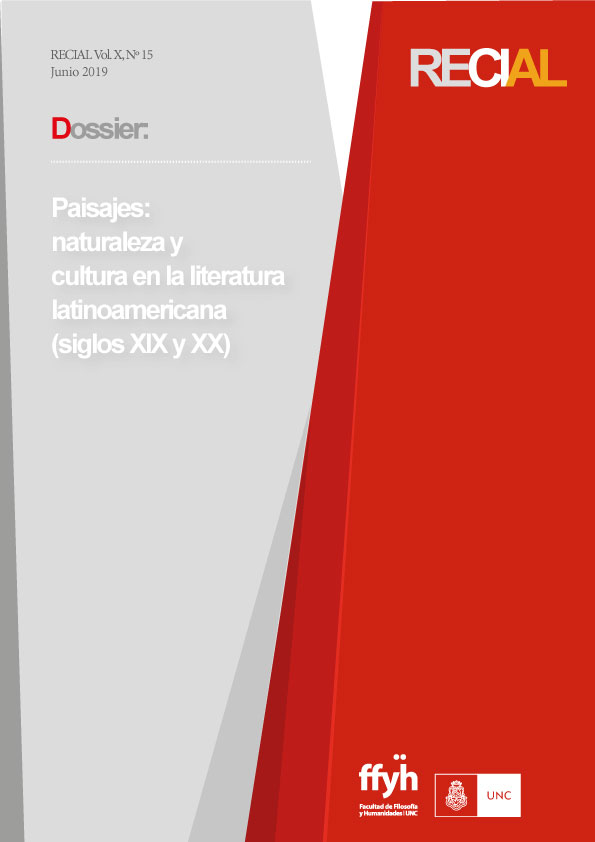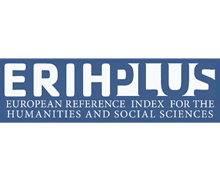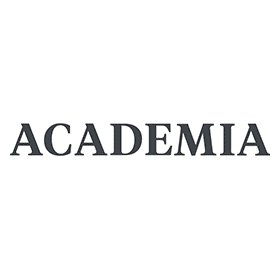The Sensitive Gaze. Pedro Henríquez Ureña in the United States
DOI:
https://doi.org/10.53971/2718.658x.v10.n15.24842Keywords:
Pedro Henríquez Ureña, United States, city representation, cultural landscape, MemoriasAbstract
The purpose of this work is to analyze the estranged gaze manifested by the subject of enunciation of the Memorias by Pedro Henríquez Ureña in his encounter with the United States, specifically on his arrival to the city of New York. Across the textual space of the Memorias, Ureña expresses, in an ostensible fashion, a divergence from a series of expectations that could be traced back –although not exclusively– to the perceptions by Rubén Darío in his chronicle on Edgar Allan Poe where the nicaraguan poet hears upon coming to New York “a vast soliloquy of figures” and which Ureña manages to subvert. In this way, he challenges conventions normalized by Latin American intellectuals in order to conform an alternative space in which his gaze goes beyond established prejudices and probes into the culture of a time and a city. Raymond Williams (1973) draws attention to two models cities have been associated with: on one hand, as centers of progress and erudition; on the other, as places of noise and ambition. In that sense, for Henríquez Ureña the North American world would not be affected only by great technological advances or a predominance of wealth – the second model presented by Williams – but by diverse manifestations of culture – visual arts, music, literature – which turn it into an auspicious realm for high culture.
Downloads
References
Caresani, Rodrigo (2013) “Prólogo”. En Darío, Rubén (2013). Crónicas viajeras. Derroteros de una poética. Editorial de la Facultad de Filosofía y Letras, Buenos Aires.
Colombi, Beatriz (2012) “Edgar Allan Poe, de Rubén Darío a Andrés Caicedo”. En Hernán Biscayart (ed.) Lecturas de travesía. Literatura latinoamericana. NJ editor, Buenos Aires.
Darío, Rubén (2013) Crónicas viajeras. Derroteros de una poética. Editorial de la Facultad de Filosofía y Letras, Buenos Aires.
Henríquez Ureña, Pedro (2000) Memorias. Diario. Notas de viaje. Fondo de Cultura Económica. Buenos Aires.
------------------------------ (2004) Desde Washington. Fondo de Cultura Económica, México.
Henríquez Ureña, Pedro; Reyes, Alfonso (1983) Epistolario íntimo (1906-1946). Universidad Naciona Pedro Henríquez Ureña, Santo Domingo.
Martí, José (2010) Escenas norteamericanas y otros textos. Corregidor, Buenos Aires.
Roggiano, Alfredo (1961) Pedro Henríquez Ureña en los Estados Unidos. State University of Iowa, México.
Salinas, Pedro (1948) La poesía de Rubén Darío. Losada, Buenos Aires.
Todorov, Tzvetan (2000) “Viajeros modernos”. En Nosotros y los otros. Reflexión sobre la diversidad humana. Siglo XXI, México, pp. 383-396.
Williams, Raymond (2001) El campo y la ciudad. Paidós, Buenos Aires.
Zuleta Álvarez, Enrique (1987) “Pedro Henríquez Ureña y los Estados Unidos”. En Cuadernos Hispanoamericanos. N° 442, pp.93-108.
Downloads
Published
Issue
Section
License
Aquellos/as autores/as que tengan publicaciones en esta revista, aceptan los términos siguientes:
- Los/as autores/as conservarán sus derechos de autor y garantizarán a la revista el derecho de primera publicación de su obra, el cuál estará simultáneamente sujeto a la Licencia de reconocimiento de Creative Commons que permite a terceros compartir la obra siempre que se indique su autor y su primera publicación esta revista.
- Los/as autores/as podrán adoptar otros acuerdos de licencia no exclusiva de distribución de la versión de la obra publicada (p. ej.: depositarla en un archivo telemático institucional o publicarla en un volumen monográfico) siempre que se indique la publicación inicial en esta revista.
- Se permite y recomienda a los/as autores/as difundir su obra a través de Internet (p. ej.: en archivos telemáticos institucionales o en su página web), luego de su publicación en la revista. (Véase El efecto del acceso abierto).

























